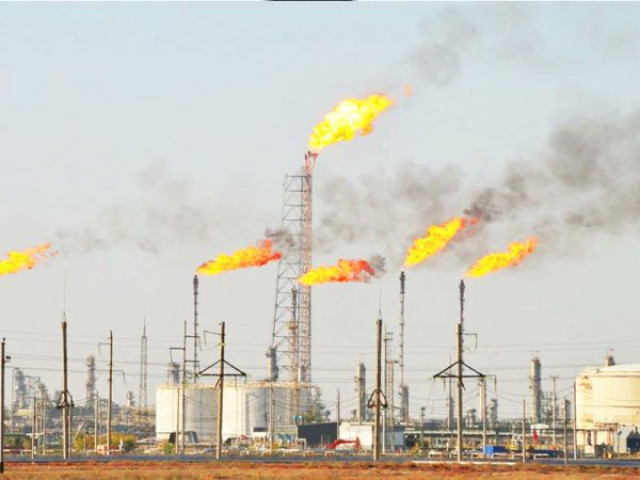The Nigerian Federal Government issued a warning to International Oil Companies (IOCs) on Wednesday, instructing them to adhere to gas flare directives from regulatory agencies in the country.
The Minister of State for Environment, Dr Iziaq Salako, emphasized that while some IOCs comply with the directives, many others do not, and this lack of compliance will not be tolerated.
He said, “Following my directive to NOSDRA (National Oil Spill Detection and Response Agency) in March this year, while a few international oil companies and other operators are heeding the call of the government for gas flare transparency and accountability, most international oil companies are not responding.
“They expect to be called by NOSDRA, which reflects a disregard for Nigeria’s environmental sustainability agenda.
Dr. Salako made these remarks during the National Extractive Dialogue 2024 in Abuja, organized by the non-governmental organization Spaces-4-Change.
He stated that the government is committed to ending gas flaring and is imposing penalties on IOCs and local operators in the oil sector to discourage this practice.
Dr. Salako warned that the Federal Government will not tolerate the disregard for gas flare directives and emphasized the responsibility of operators to support Nigeria's vision to end gas flaring.
He stressed that the Ministry of Environment will no longer tolerate such disregard for the legitimate calls of regulatory agencies.
The Executive Director of Spaces-4-Change, Victoria Ibezim-Ohaeri, call for stakeholder collaboration to achieve Nigeria's net zero target by 2050.
She emphasized the significant social, economic, and environmental impacts of gas flaring, particularly on host communities.
Ibezim-Ohaeri highlighted the potential for reducing carbon emissions, unlocking economic value, and promoting inclusive economic development by addressing gas flaring.
The Executive Secretary of the Nigeria Extractive Industries Transparency Initiative, Dr. Ogbonnaya Orji, shared that the latest report on the oil and gas industry indicated a decline in gas flaring from 2011 to 2021.
He pointed out that there was a 51.27% reduction in the volume of gas flared during this period.
Orji also mentioned that there was a significant decrease in gas flaring between 2020 and 2021, but emphasized the need to strive for 100% gas flare elimination by 2025, aligning with Nigeria's target and the global commitment of 2030.




















